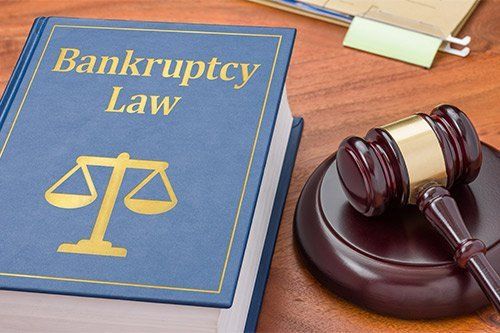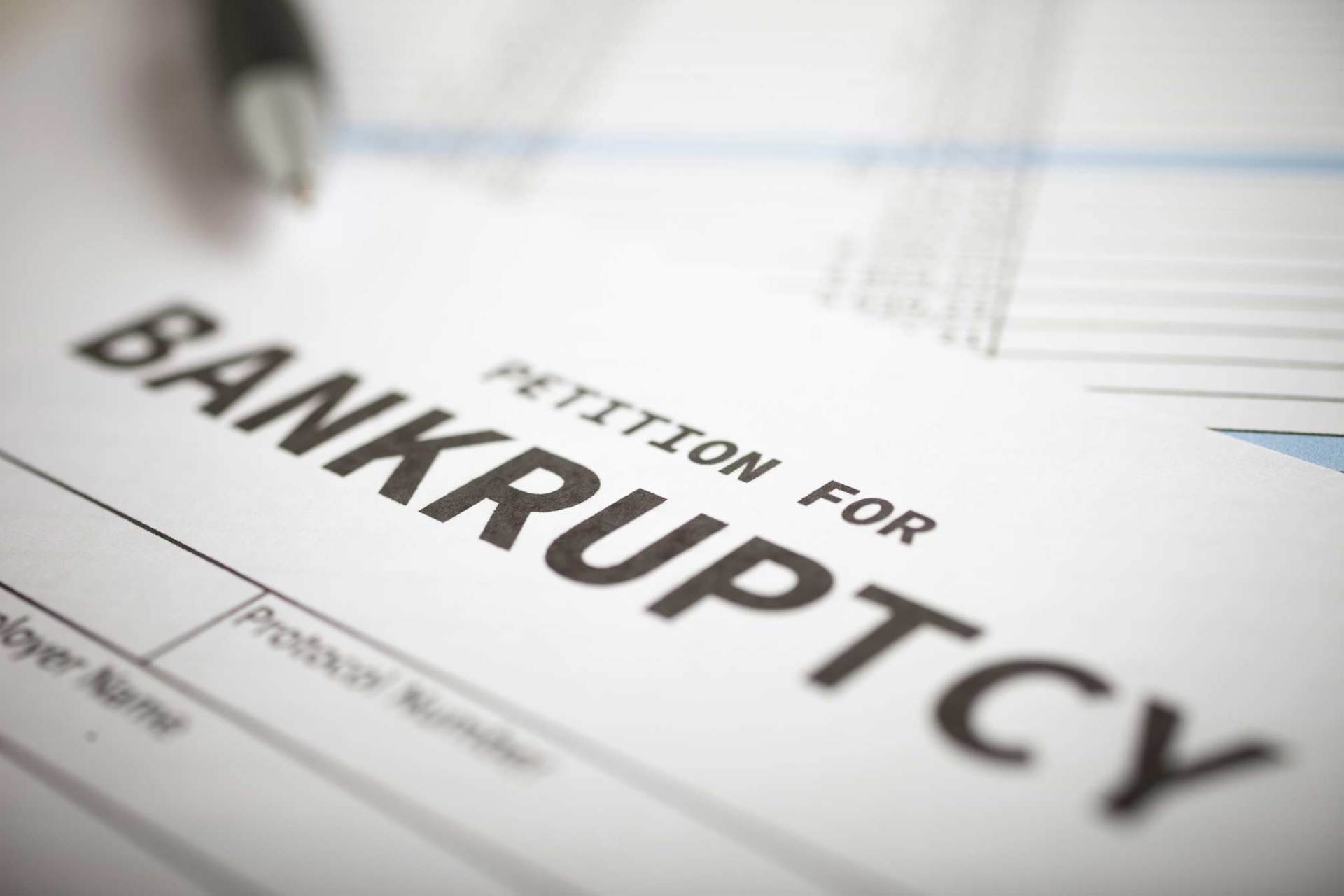FREE INITIAL CONSULTATION TO FIND OUT IF BANKRUPTCY IS RIGHT FOR YOU.
Blog Layout
Bankruptcy and Paying for Your Child's College Education

With the cost of a four-year college degree now approaching six figures
, many parents push their teens to earn scholarships and financial aid packages that can reduce the price of higher education. But because the Free Application for Federal Student Aid requests extensive financial information from parents, you may worry about what will happen when your teen's college years coincide with your own slide into debt.
What happens when you declare bankruptcy just before you need to qualify for parent-based student loans? Will your child's ability to qualify for need-based financial aid be hurt (or helped) by a family bankruptcy? These questions and others can provide you with important points to consider when you're trying to figure out how to juggle your child's college education with a pending bankruptcy.
Can Your Child Still Qualify for Financial Aid?
Filing for Chapter 7 or Chapter 13 bankruptcy shouldn't disqualify your teen from any financial aid. Need-based aid can generally be awarded whether a student's parents are preparing to file, are currently undergoing the bankruptcy process, or have recently exited the process. In fact, in many cases, the financial circumstances that led you to bankruptcy may actually help your child qualify for need-based aid.
Meanwhile, merit-based scholarships generally don't take a student's financial status into account at all. Nor will your bankruptcy impact your child's ability to take out federal student loans. And while private student lenders have their own qualifying criteria, because student (and parent) loans aren't dischargeable in bankruptcy, it's possible to qualify for these loans even if you've just filed for Chapter 7 or Chapter 13 protection.
Can You Afford to Pay for Your Child's College Education?
This question may have layers that go far beyond the surface. In other words, the ability to write a check for the first semester of tuition doesn't necessarily translate into long-term affordability.
If your child is college-aged, this likely places you in your late thirties, forties, or fifties — the prime decades to begin building up your own retirement accounts. To the extent that financing your children's education will take money away from your own future, it's usually best to abstain paying for their tuition. After all, your children can take out low-interest student loans for their own education, while no similar loans exist for retirement.
This same strategy is also true if your bankruptcy stemmed from a lifestyle that outpaced your income. In this case, you will want to focus on the factors that led to your bankruptcy and how you can right your own financial ship, instead of routing tens of thousands of dollars toward college tuition.
On the other hand, if you're already well-funded for retirement (since assets in a 401(k) or IRA are shielded from creditors in bankruptcy), it may make more sense to temporarily redirect these funds toward your child's education. After your child has graduated, you'll be able to redouble your efforts toward saving for your own future.
What Are Your Child's Other Educational Options?
Even if you've determined you can't afford to put much (or anything) toward your child's college education, this doesn't mean your child is on their own. There are many alternatives to the traditional four-year degree, whether this means attending a few years at a local community college before transferring to a university, attending part-time while working, or even looking into internship or co-op options that will literally pay your child to attend school.
College financing decisions can be tough even under perfect circumstances. Handling this stage of life along with a bankruptcy can be even more challenging, and there's no one-size-fits-all answer for everyone. But regardless of where you are in the bankruptcy process, an experienced attorney can help.
With the assistance and advice of someone who has overseen thousands of bankruptcy cases, you'll be well-positioned to make the best decision for you and your family.
FREE Initial Consultation
Thank you for contacting us.
We will get back to you as soon as possible.
We will get back to you as soon as possible.
Oops, there was an error sending your message.
Please try again later.
Please try again later.
BROWSE OUR WEBSITE
CONTACT INFORMATION
Phone:
864-232-1550
Toll Free:
800-615-6050
Address:
8 Williams St. Greenville, SC 29601
Since 1996, Gina McMaster has been helping people like you file for Chapter 7 and Chapter 13 bankruptcy relief.
OUR LOCATION
Content, including images, displayed on this website is protected by copyright laws. Downloading, republication, retransmission or reproduction of content on this website is strictly prohibited. Terms of Use
| Privacy Policy












